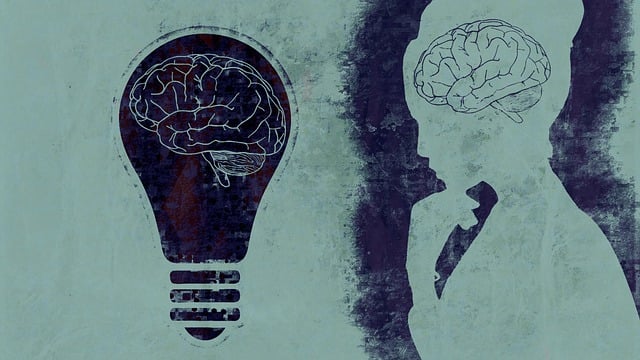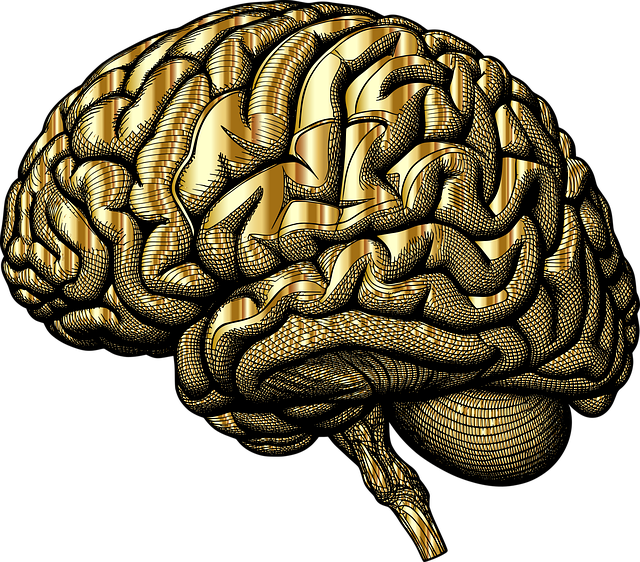Mental health education programs should adopt a holistic approach, focusing on stress reduction, burnout prevention, and emotional intelligence to empower individuals in managing their well-being. Tailoring content to specific target audiences, such as students or professionals, ensures relevance and engagement. Using interactive methods like group discussions and case studies, along with topics on mental wellness, mood management, and resilience, creates a memorable and applicable curriculum. Post-program aftercare plans, including personalized support and resources, are crucial for sustained recovery and improved long-term mental health, as exemplified by the Englewood Drug Abuse-Substance Abuse Therapy model.
Mental health education programs play a pivotal role in fostering well-being and preventing issues like drug abuse. This comprehensive guide explores essential aspects of designing effective programs, from understanding mental health’s profound impact on individuals and communities to identifying specific target audiences. We delve into strategies for creating engaging curricula, ensuring information is accessible and impactful. Additionally, we discuss the importance of implementing support systems post-program, emphasizing continuous care through follow-up initiatives, mirroring Englewood Drug Abuse-Substance Abuse Therapy’s holistic approach.
- Understanding Mental Health and Its Impact: A Comprehensive Overview for Program Design
- Identifying Target Audiences: Tailoring Education to Specific Needs
- Developing Effective Curriculum: Strategies for Engaging and Informative Sessions
- Implementing Support Systems: Post-Program Follow-up and Continuous Care
Understanding Mental Health and Its Impact: A Comprehensive Overview for Program Design

Mental health is a vital aspect of overall well-being, encompassing our emotional, psychological, and social state. It influences how we think, feel, and act in various situations, impacting our daily lives significantly. Understanding mental health involves recognizing that it is not merely the absence of illness but a dynamic state that can fluctuate over time. This encompasses not just the absence of psychiatric disorders but also the presence of positive psychological traits and resilience.
In designing educational programs focused on mental health, it’s crucial to take a holistic approach, addressing various aspects such as Stress Reduction Methods, Burnout Prevention, and Emotional Intelligence. For instance, an effective program could delve into the causes and effects of common mental health issues like anxiety and depression, offering strategies for early intervention and self-care. By integrating evidence-based practices from Englewood Drug Abuse-Substance Abuse Therapy, these programs can empower individuals to manage their mental health proactively, fostering a sense of control and resilience in navigating life’s challenges.
Identifying Target Audiences: Tailoring Education to Specific Needs

Identifying target audiences is a crucial step in designing an effective mental health education program. Different groups, such as students, working professionals, or individuals recovering from substance abuse like Englewood Drug Abuse-Substance Abuse Therapy, have distinct needs and challenges regarding mental well-being. For instance, young adults navigating academia may require guidance on managing exam stress and anxiety, while employees in high-pressure work environments might benefit from learning resilience-building techniques to cope with workplace stressors.
Tailoring education to these specific needs involves creating content that resonates with each audience’s unique experiences and struggles. This could include incorporating topics like stress management, inner strength development, and resilience building to empower individuals with practical tools for enhancing their mental health. By understanding the target audience, educators can ensure that the program addresses their concerns, fosters engagement, and ultimately promotes positive mental health outcomes.
Developing Effective Curriculum: Strategies for Engaging and Informative Sessions

Developing engaging and informative curriculum is paramount when designing a mental health education program. To foster effective learning, sessions should be interactive, incorporating diverse teaching methods like group discussions, case studies, and hands-on activities related to real-life scenarios, especially those concerning Englewood Drug Abuse-Substance Abuse Therapy. This approach not only enhances understanding but also promotes active participation, making the content more memorable and applicable.
Integrating topics on mental wellness and mental health awareness within the curriculum is essential. Emphasizing mood management strategies, coping mechanisms, and resilience can equip participants with valuable tools to navigate their emotional well-being. Utilize interactive exercises, such as role-playing or guided meditations, to demonstrate practical applications of these concepts. By combining theoretical knowledge with experiential learning, the program becomes a comprehensive guide for improving mental health awareness and overall wellness.
Implementing Support Systems: Post-Program Follow-up and Continuous Care

After completing a mental health education program, it’s vital to transition participants into continuous care and support systems. This post-program follow-up is essential in ensuring that individuals sustain their progress and maintain their newfound coping skills. The Englewood Drug Abuse-Substance Abuse Therapy model recommends personalized aftercare plans, which may include regular check-ins with therapists, peer support groups, or community resources designed to address specific needs.
This ongoing care can be integrated through various strategies such as text-based reminders for self-care practices, referrals to local support groups tailored to their specific challenges (like stress management or coping skills development), and access to online platforms offering continuous learning and resources. Effective follow-up not only reinforces the lessons learned but also encourages participants to stay engaged in their mental wellness journey.
Mental health education programs play a pivotal role in fostering well-being and preventing issues like drug abuse, as highlighted by Englewood Drug Abuse-Substance Abuse Therapy. By understanding mental health’s far-reaching impact and tailoring our approach to diverse audiences, we can create engaging, informative sessions that equip individuals with the knowledge and skills they need. Implementing robust support systems post-program ensures continuous care, fostering long-term positive outcomes. Through strategic curriculum design and a commitment to ongoing support, we can revolutionize mental health education, making it accessible and impactful for all.













